The rise of the first lioness, Eleanor of Aquitaine, in All About History 123
Inside All About History 123: Learn how Eleanor of Aquitaine dodged assassination and kidnapping to become Queen of England.

Get the world’s most fascinating discoveries delivered straight to your inbox.
You are now subscribed
Your newsletter sign-up was successful
Want to add more newsletters?

Delivered Daily
Daily Newsletter
Sign up for the latest discoveries, groundbreaking research and fascinating breakthroughs that impact you and the wider world direct to your inbox.

Once a week
Life's Little Mysteries
Feed your curiosity with an exclusive mystery every week, solved with science and delivered direct to your inbox before it's seen anywhere else.

Once a week
How It Works
Sign up to our free science & technology newsletter for your weekly fix of fascinating articles, quick quizzes, amazing images, and more

Delivered daily
Space.com Newsletter
Breaking space news, the latest updates on rocket launches, skywatching events and more!

Once a month
Watch This Space
Sign up to our monthly entertainment newsletter to keep up with all our coverage of the latest sci-fi and space movies, tv shows, games and books.

Once a week
Night Sky This Week
Discover this week's must-see night sky events, moon phases, and stunning astrophotos. Sign up for our skywatching newsletter and explore the universe with us!
Join the club
Get full access to premium articles, exclusive features and a growing list of member rewards.
At one time the medieval Crusader Queen of France, Eleanor of Aquitaine escaped kidnapping plots and assassination attempts to become the Queen of England after marrying the future Henry II. This would prove to be a pivotal moment in history, as she helped to forge the legendary Plantagenet dynasty.
However, Eleanor has also been wrongly maligned in history as a jealous wife, a schemer, and the head of a mythological "Court of Love". In the latest issue of All About History, on sale now, historian Matthew Lewis separates the myth from the real history.
Read the full story of Eleanor, "The First Lioness", and more in issue 123.
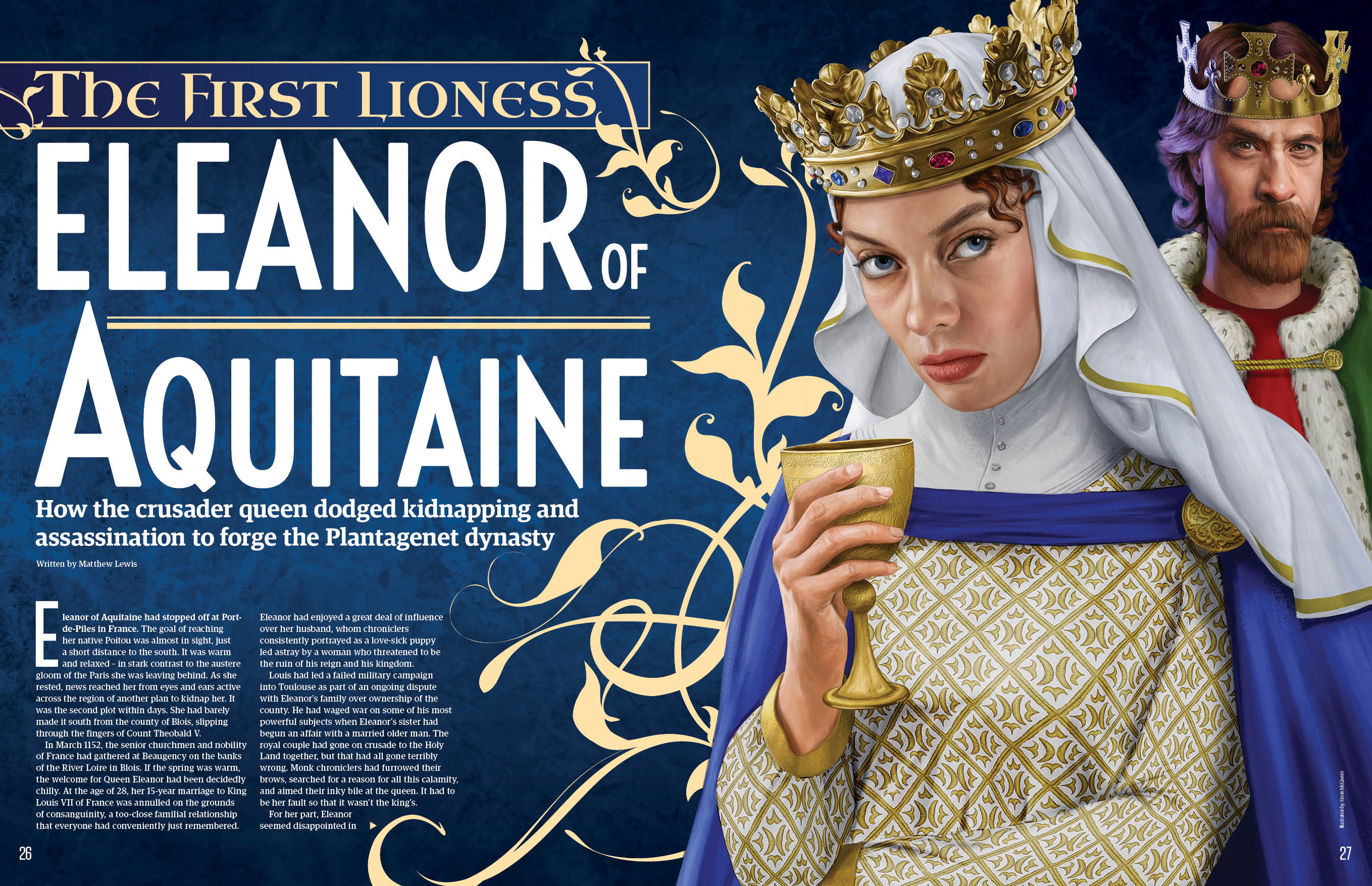
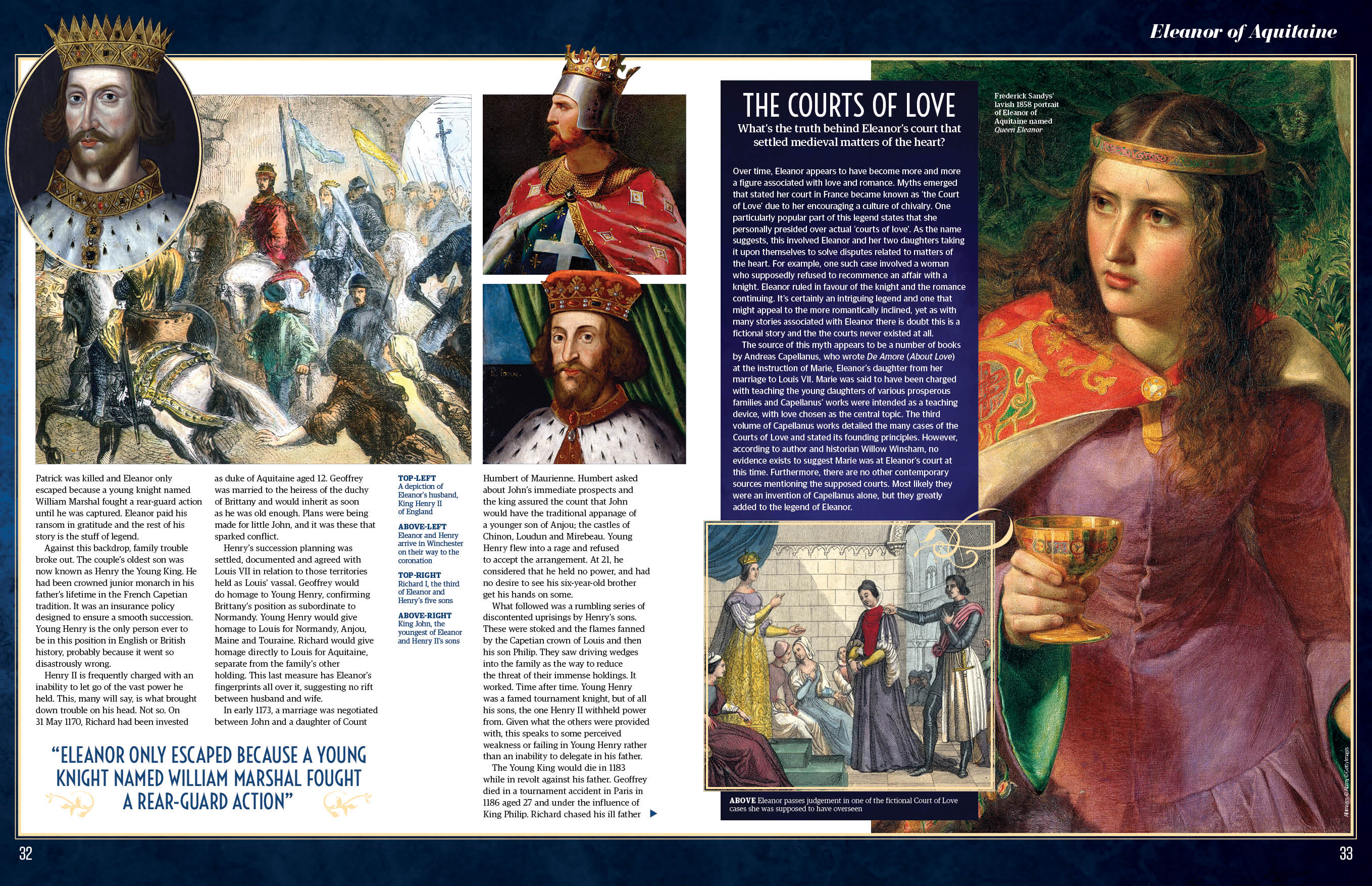

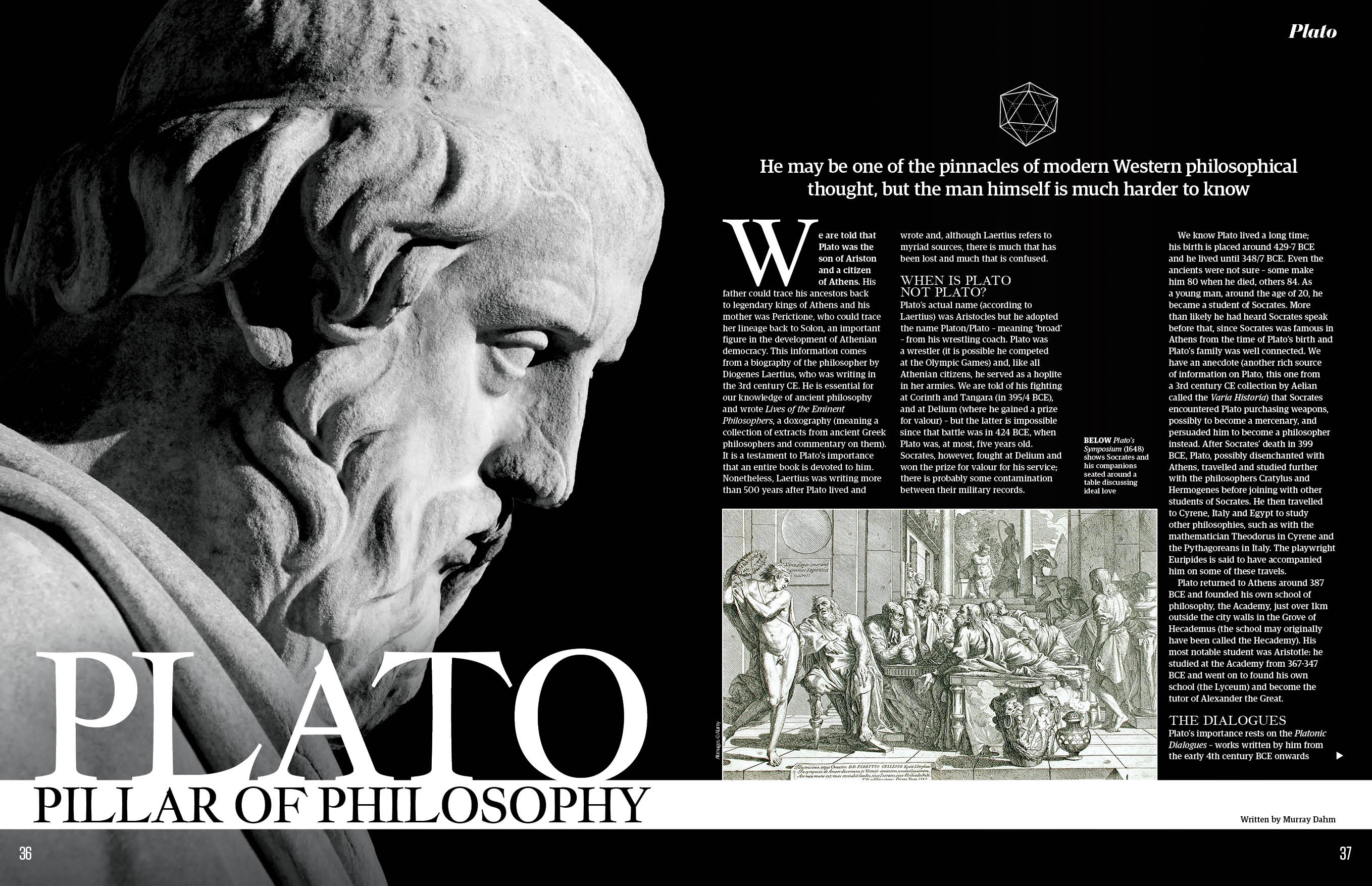

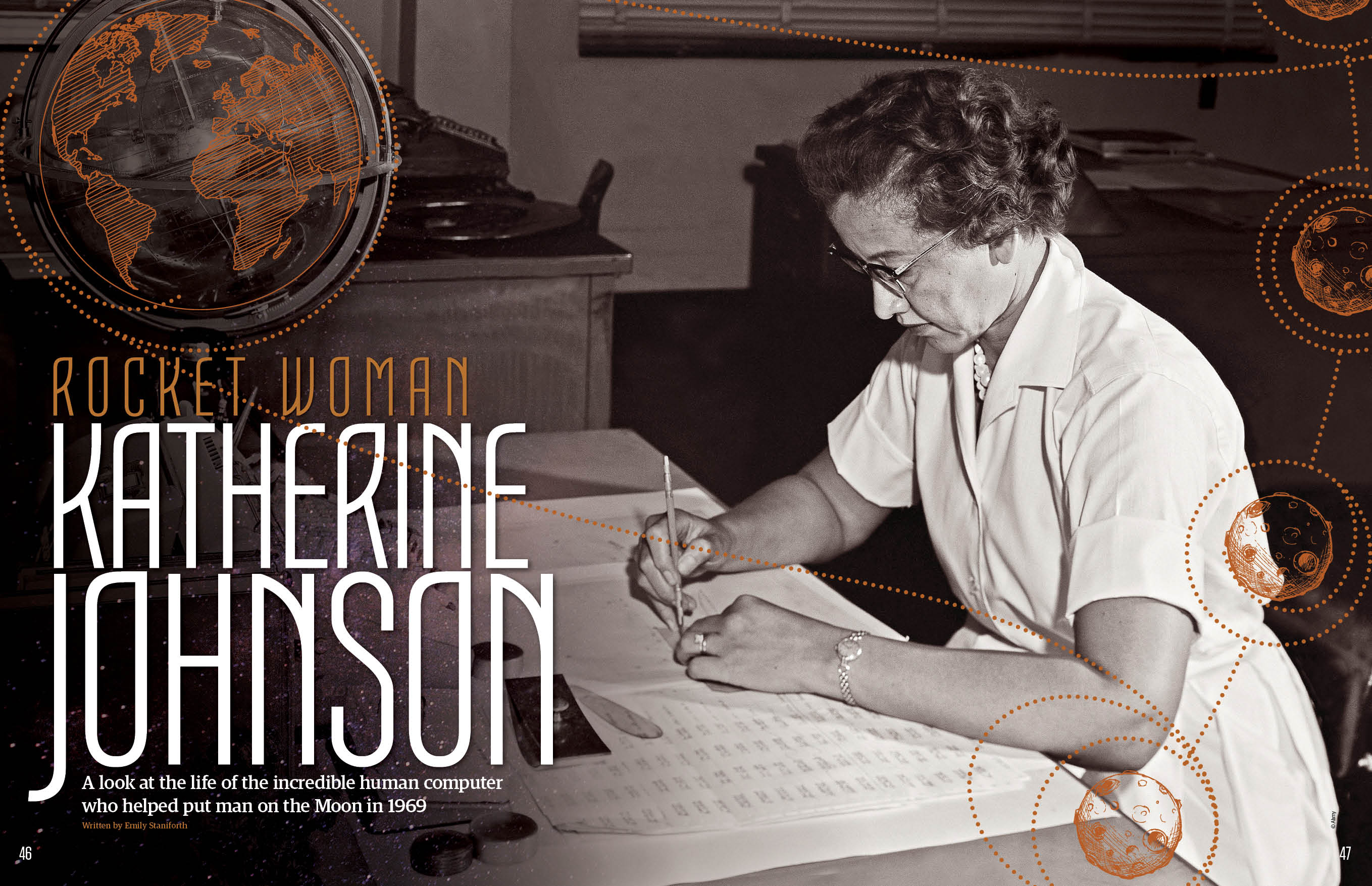
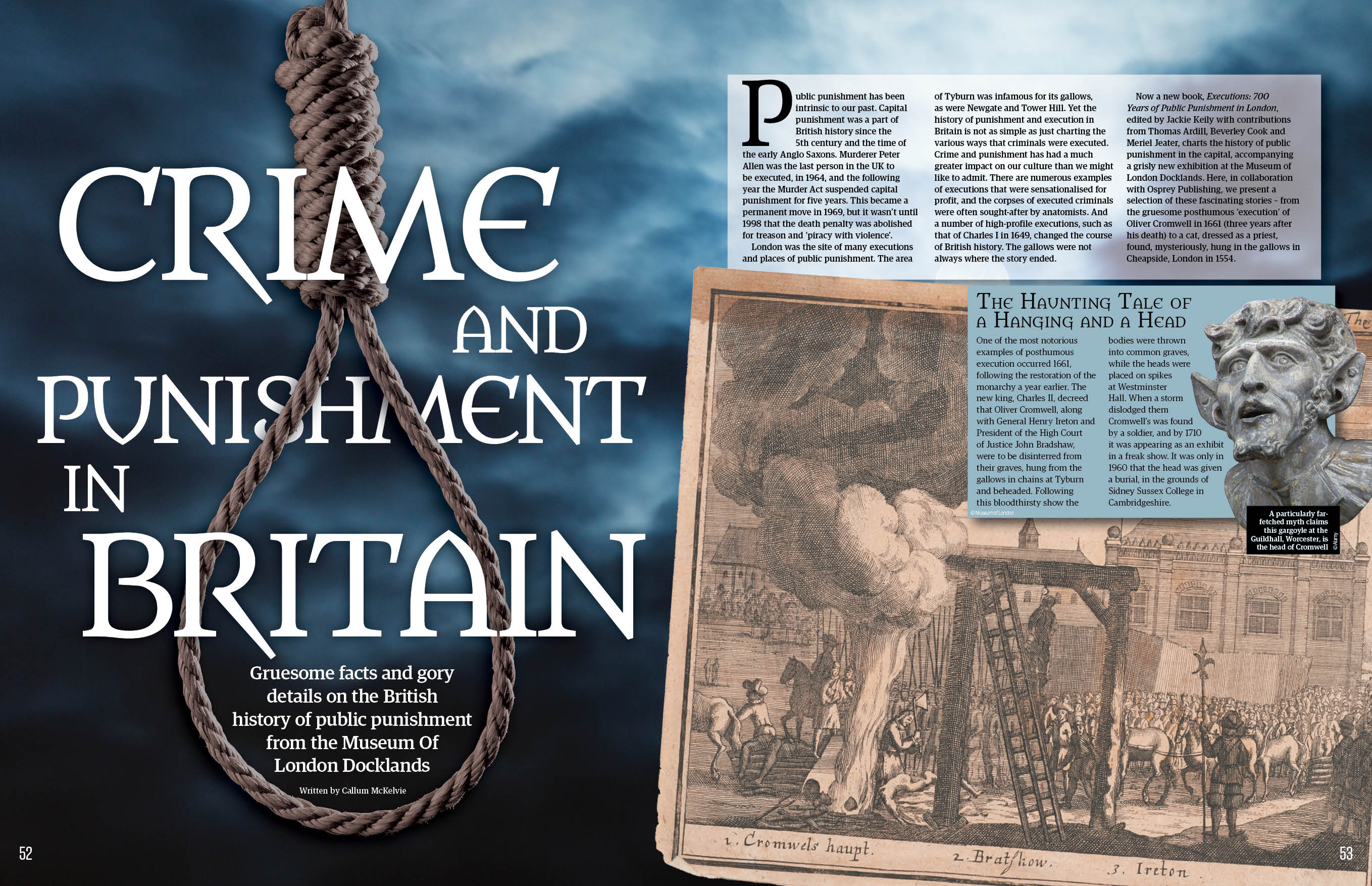
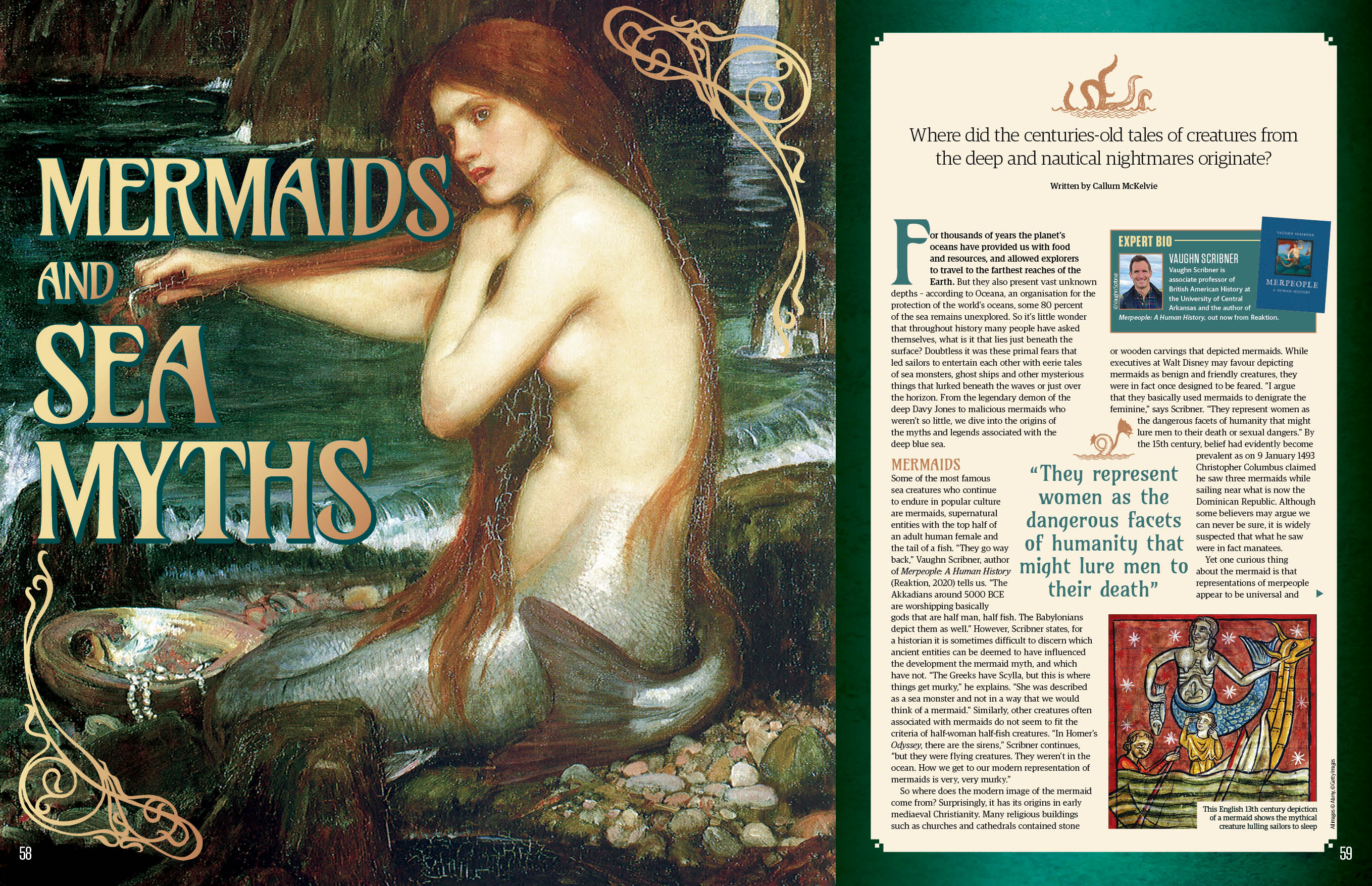

Sticking with the mythological, in issue 123 you'll also learn the real history behind mermaids and other folklore; read how the first jet fighter was invented in the middle of World War II; discover how African American mathematician Katherine Johnson helped put man on the moon; and why historians still know next to nothing about one of the world's most famous philosophers, Plato.
Related: Read a free issues of All About History
Also, as the World Cup draws closer, you can explore the history of soccer, including the impact of the tournament on world history. Things also take a strange turn with odd tales of public executions in Britain; plus historian Danny Chaplin ponders what might have happened if Japan hadn't united under the mighty Tokugawa shogunate in 1600. It's all in All About History 123.
Eleanor of Aquitaine
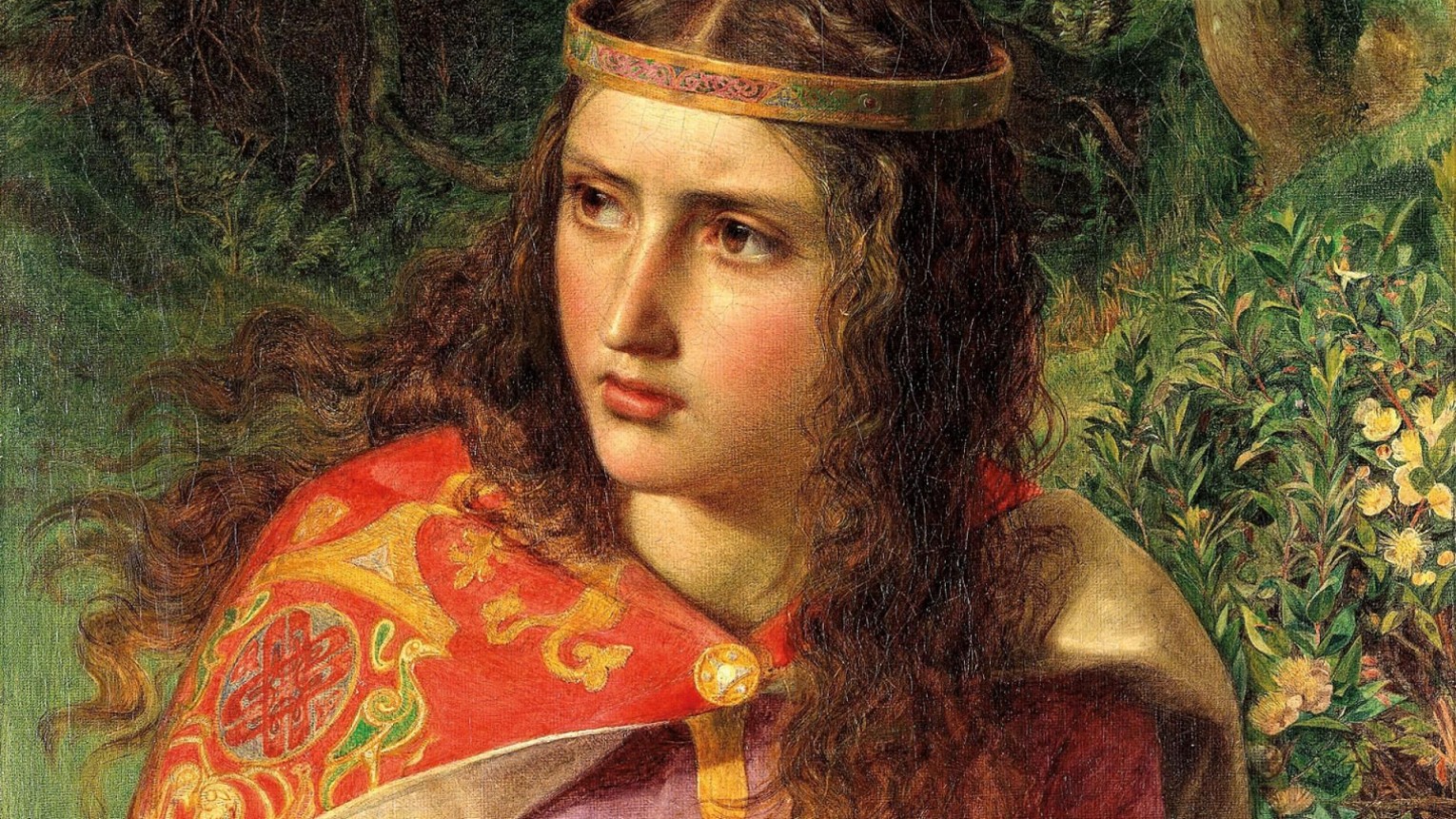
Eleanor of Aquitaine had stopped off at Port-de-Piles in France. The goal of reaching her native Poitou was almost in sight, just a short distance to the south. It was warm and relaxed — in stark contrast to the austere gloom of the Paris she was leaving behind.
Get the world’s most fascinating discoveries delivered straight to your inbox.
As she rested, news reached her from eyes and ears active across the region of another plan to kidnap her. It was the second plot within days. She had barely made it south from the county of Blois, slipping through the fingers of Count Theobald V.

Subscribe to All About History today and save up to $3.70 on every issue. Offers available for print, digital and combined subscriptions as well as quarterly and annual plans so you can enjoy All About History wherever you are, however you like.
In March 1152, the senior churchmen and nobility of France had gathered at Beaugency on the banks of the River Loire in Blois. If the spring was warm, the welcome for Queen Eleanor had been decidedly chilly. At the age of 28, her 15-year marriage to King Louis VII of France was annulled on the grounds of consanguinity, a too-close familial relationship that everyone had conveniently just remembered. Eleanor had enjoyed a great deal of influence over her husband, whom chroniclers consistently portrayed as a love-sick puppy led astray by a woman who threatened to be the ruin of his reign and his kingdom.
Louis had led a failed military campaign into Toulouse as part of an ongoing dispute with Eleanor’s family over ownership of the county. He had waged war on some of his most powerful subjects when Eleanor’s sister had begun an affair with a married older man. The royal couple had gone on crusade to the Holy Land together, but that had all gone terribly wrong. Monk chroniclers had furrowed their brows, searched for a reason for all this calamity, and aimed their inky bile at the queen. It had to be her fault so that it wasn’t the king’s.
Read more in All About History 123.
Mermaids and sea myths
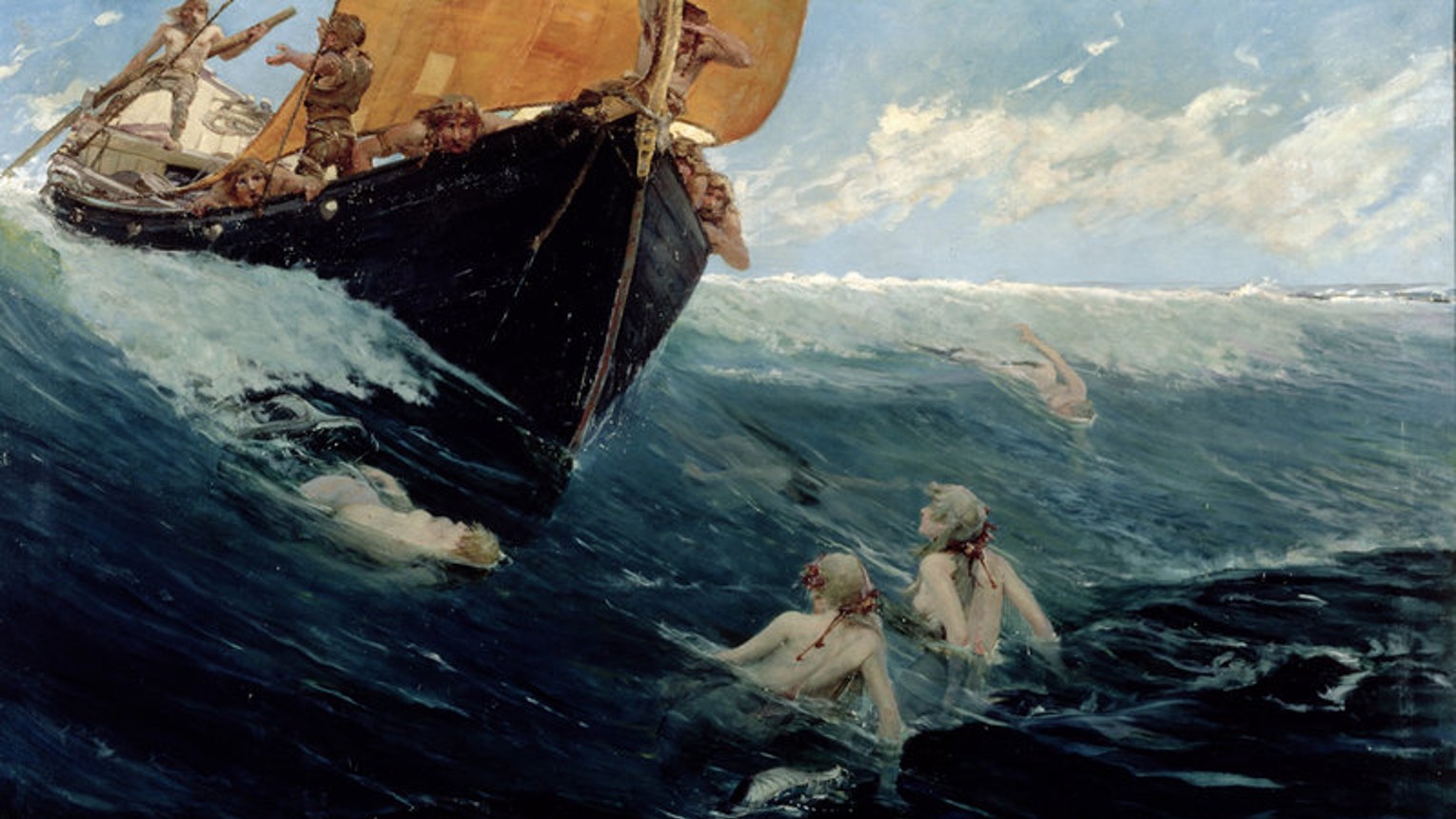
For thousands of years the planet’s oceans have provided us with food and resources, and allowed explorers to travel to the farthest reaches of the Earth. But they also present vast unknown depths — according to Oceana, an organization for the protection of the world’s oceans, some 80 per cent of the sea remains unexplored. So it’s little wonder that throughout history many people have asked themselves, what is it that lies just beneath the surface?
Doubtless it was these primal fears that led sailors to entertain each other with eerie tales of sea monsters, ghost ships and other mysterious things that lurked beneath the waves or just over the horizon. From the legendary demon of the deep Davy Jones to malicious mermaids who weren’t so little, we dive into the origins of the myths and legends associated with the deep blue sea.
Learn more about mermaids and other sea myths in All About History 123.
Plato: Pillar of philosophy

We are told that Plato was the son of Ariston and a citizen of Athens. His father could trace his ancestors back to legendary kings of Athens and his mother was Perictione, who could trace her lineage back to Solon, an important figure in the development of Athenian democracy.
This information comes from a biography of the philosopher by Diogenes Laertius, who was writing in the 3rd century CE. He is essential for our knowledge of ancient philosophy and wrote Lives of the Eminent Philosophers, a doxography (meaning a collection of extracts from ancient Greek philosophers and commentary on them).
It is a testament to Plato’s importance that an entire book is devoted to him. Nonetheless, Laertius was writing more than 500 years after Plato lived and wrote and, although Laertius refers to myriad sources, there is much that has been lost and much that is confused.
Read more about Plato's life and influences in All About History 123.

Jonathan is the Editor of All About History magazine, running the day to day operations of the brand. He has a Bachelor's degree in History from the University of Leeds. He has previously worked as Editor of video game magazines games™ and X-ONE and tech magazines iCreate and Apps. He is currently based in Bournemouth, UK.
 Live Science Plus
Live Science Plus










